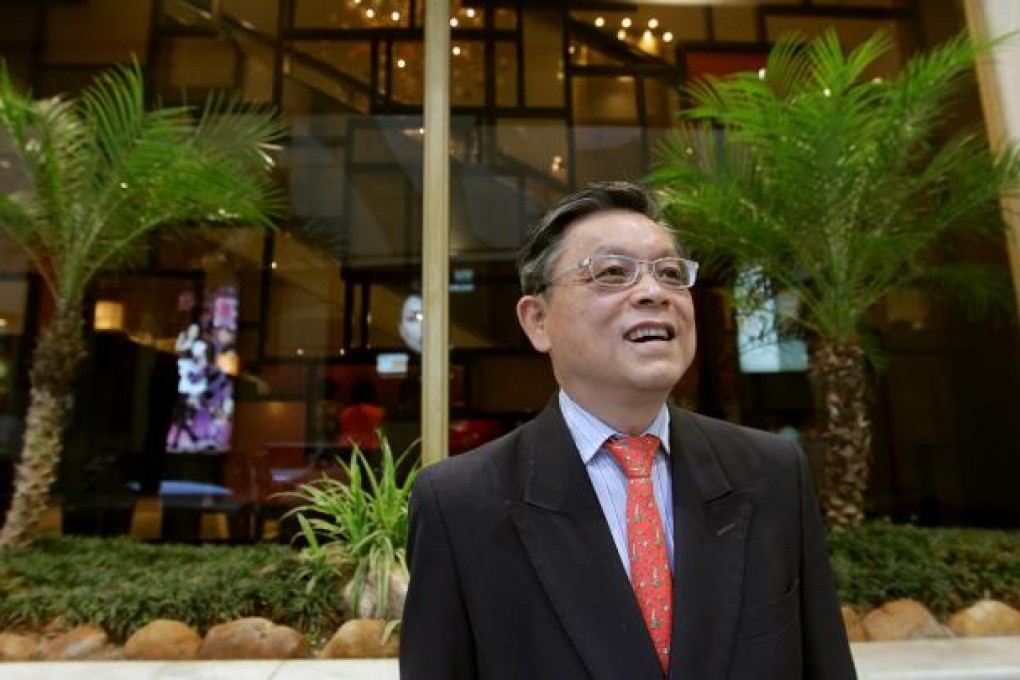Singapore's old order ready for fall, says candidate Tan Jee Say
Opposition candidate says ruling People's Action Party may lose the 2016 elections in a backlash against influx of foreign workers

Encouraged by recent electoral gains, opposition candidate Tan Jee Say believes the ruling party's long-held grip on government could come to an end in Singapore's next general election.
The former senior civil servant, who ran unsuccessfully in the election two years ago, intends to take part in the poll expected to be held in 2016, and believes the opposition is ready to run the city state.
"I will be contesting in the general election. It is a possibility for the opposition to take over the government in 2016," he said on a recent visit to Hong Kong.
Very much a product of the ruling People's Action Party's (PAP), which has been Singapore's ruling party since 1959, Tan appears an unlikely opposition candidate.
From 1985 to 1990, he was the principal private secretary to then Singapore Deputy Prime Minister Goh Chok Tong, who was prime minister from November 1990 to August 2004. From 1979 to 1985, Tan was a civil servant in Singapore's Ministry of Trade and Industry. From 1973 to 1976, he studied politics, philosophy and economics at Oxford University on a Singaporean government scholarship.
"I am grateful to the government for giving me a scholarship and career, but gratitude is not servitude. It doesn't mean blind loyalty," said Tan, who worked for financial institutions like Standard Chartered Bank after leaving public service.